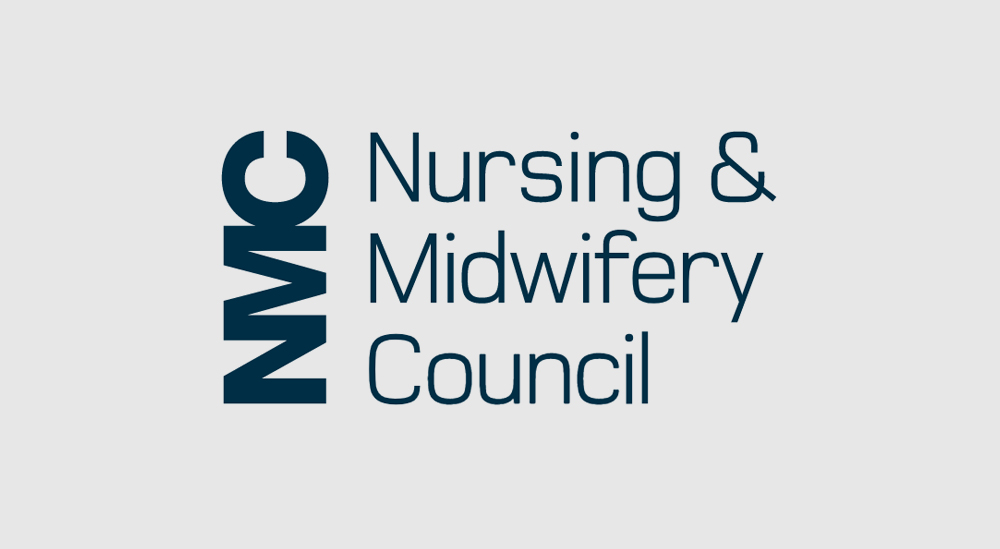

(Credit: ardl.org.uk)
https://www.probityandethics.com/
Facing an investigation by the Nursing and Midwifery Council (NMC) can be an overwhelming experience for any nurse or midwife. The NMC, as the regulatory body for nurses and midwives in the UK, ensures that healthcare professionals maintain the highest standards of practice and patient care. When concerns about fitness to practise arise, the NMC will conduct an investigation, which can lead to a hearing. Understanding this process and seeking the right NMC fitness to practise help is essential to protecting your career and reputation.
In this blog, we’ll explore what fitness to practise cases involve, provide advice on how to handle NMC complaints, and offer practical guidance on where to get NMC fitness to practise help.
Fitness to practise refers to whether a nurse or midwife is capable of working safely and effectively. The NMC investigates concerns when there is a belief that a nurse or midwife’s ability to perform their duties has been compromised. This could arise from:
When these concerns arise, the NMC has a duty to investigate to protect the public and ensure that the nursing profession maintains its integrity.
Not every concern raised about a nurse or midwife leads to an NMC investigation. The NMC only investigates when there are serious concerns that could affect public safety or the professional reputation of the nursing or midwifery profession. For example:
If the NMC deems the concern serious enough, they will launch a fitness to practise investigation.
The fitness to practise process is multi-staged and can take several months to complete. It’s essential to understand these steps so you can seek appropriate NMC fitness to practise help.
When a concern is raised, the NMC will first assess whether it meets the threshold for an investigation. If the complaint is deemed serious, the NMC will notify the nurse or midwife and begin gathering evidence.
Once the investigation is underway, the NMC collects evidence. This can include:
In cases where patient safety is deemed at immediate risk, the NMC may hold an Interim Orders Hearing. This hearing considers whether to restrict the nurse’s practice or suspend their registration while the investigation is ongoing. These measures are temporary but can have a significant impact on the nurse’s ability to continue working.
Once the investigation concludes, the case may proceed to a Fitness to Practise Hearing. During this hearing, the NMC presents evidence, and the nurse or midwife (and their legal representative) will have an opportunity to present their defence. The tribunal then decides the outcome, which could range from no further action to conditions on practice, suspension, or even removal from the register.
Facing an NMC fitness to practise investigation is stressful, but there is help available. Here are some key sources of support:
One of the most critical steps when facing an NMC investigation is to seek legal advice. Many nurses turn to their professional indemnity providers, such as the Royal College of Nursing (RCN) or legal firms specialising in healthcare regulation. A solicitor experienced in NMC cases will help you:
Having expert legal support can significantly improve your chances of a positive outcome in your fitness to practise case.
Organisations like the Royal College of Nursing (RCN) and Unite provide free advice and representation to their members during fitness to practise cases. They offer guidance on how to respond to NMC complaints, attend hearings on behalf of the nurse, and provide emotional support.
NMC investigations can be emotionally draining. It’s crucial to seek support from colleagues, friends, or counselling services. Talking to others who have been through similar experiences can also provide valuable insight and comfort.
If the case involves concerns about professional performance, you may be required to undertake additional training or Continuing Professional Development (CPD). Seeking NMC fitness to practise help from CPD providers can help you address any performance-related issues raised during the investigation.
Here are some practical tips to help you navigate an NMC investigation:
Facing an NMC fitness to practise investigation can feel overwhelming, but with the right support and preparation, you can navigate the process successfully. By seeking NMC fitness to practise help from legal experts, professional organisations, and peer support networks, you’ll be better equipped to handle the investigation and protect your career.
For more information about NMC investigations, visit the official Nursing and Midwifery Council (NMC) Fitness to Practise page. You can also find helpful resources and legal advice at the Royal College of Nursing (RCN) or Unite the Union, both of which provide support for nurses facing fitness to practise issues.
By approaching the investigation professionally and with the right guidance, you can overcome the challenges and continue to provide high-quality care for your patients.